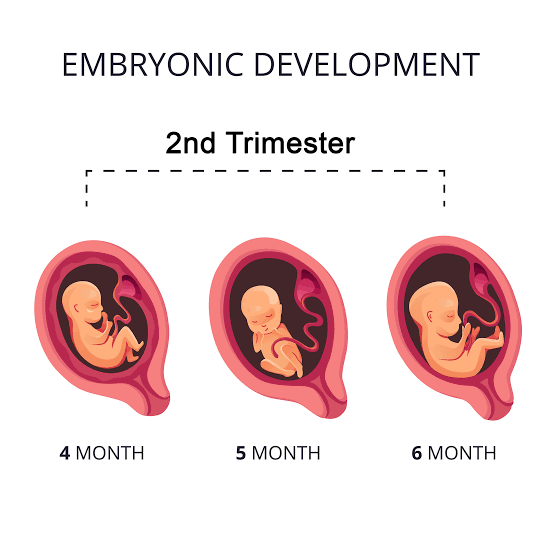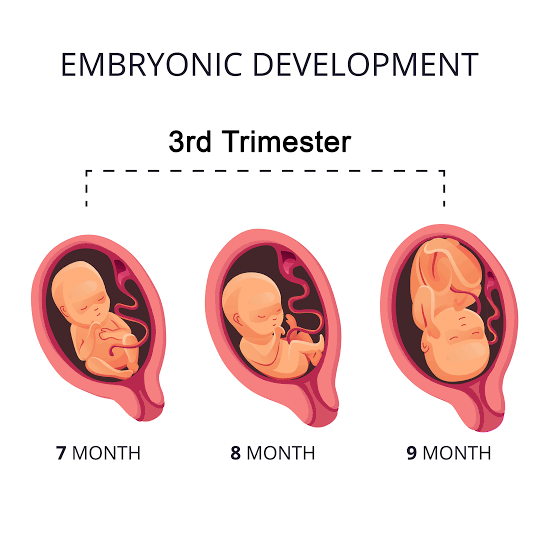Exercise in Pregnancy: A Guide for Expecting Mothers
Maintaining a regular exercise routine during pregnancy can bring numerous benefits to both the mother and the baby. However, it is crucial to approach exercise with caution and follow guidelines to ensure the safety and well-being of both. Benefits of exercise in pregnancy :
● Helps you sleep better
● Reduces back pain
● Eases constipation
● May decrease your risk of gestational diabetes, pre-eclampsia and Caesarean birth
● Promotes healthy weight gain during pregnancy
● Improves your overall fitness and strengthens your heart and blood vessels
● Helps you lose baby weight after delivery
● Reduced anxiety levels
Here’s a comprehensive guide to exercise during pregnancy:
1. Consultation is Key: Before starting any exercise regimen, pregnant women should consult. The doctor can assess the individual’s health and provide personalized advice based on their pregnancy’s unique circumstances.
2. Choose Low-Impact Activities: Opt for low-impact exercises like walking, swimming, stationary cycling, or prenatal yoga. These activities reduce the risk of injury and strain on joints. 3. Avoid Overexertion: Pregnancy is not the time to set new personal fitness records. Moderate-intensity exercise is usually sufficient and safer. Always listen to your body and avoid activities that cause discomfort or excessive fatigue.
4. Pelvic Floor Exercises: Strengthening the pelvic floor muscles through Kegel exercises can help prepare for labor and promote postpartum recovery.
5. Core Strengthening: Engage in exercises that support the core muscles, like gentle abdominal and back exercises, to improve posture and reduce pregnancy-related discomfort.
6. Stay Hydrated: Drink plenty of water before, during, and after exercising to prevent dehydration.
7. Avoid Certain Activities: Steer clear of high-impact sports, contact sports, activities with a risk of falling, and exercises that involve lying flat on the back after the first trimester.
8. Listen to Warning Signs: If experiencing dizziness, shortness of breath, chest pain, vaginal bleeding, or fluid leakage, stop exercising immediately and seek medical attention. By incorporating regular, safe exercise into pregnancy, expectant mothers can enjoy improved mood, better sleep, reduced discomfort, and potentially smoother labor and delivery. Remember, each pregnancy is unique, so always seek professional guidance for the best exercise plan tailored to your specific needs.















